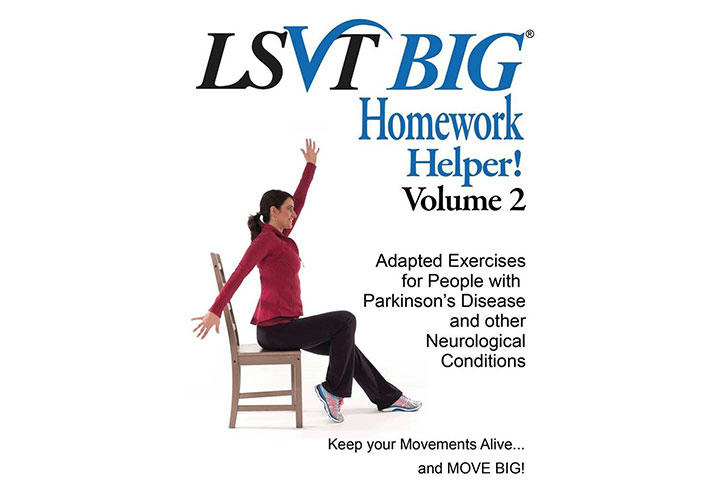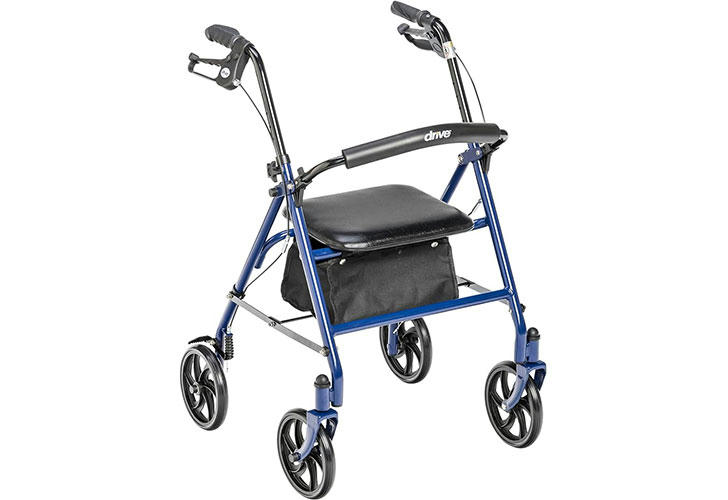How to Conduct Parkinson's Rehabilitation Training at Home
Parkinson's disease is a progressive neurological disorder that affects movement and daily functioning. Managing the symptoms and improving the quality of life for those affected often involves a combination of medication, therapy, and supportive products. Here’s an overview of effective rehabilitation strategies and recommended products to aid in recovery.
1. LSVT BIG Program
Overview: The LSVT BIG program is a research-based exercise approach specifically designed for people with Parkinson’s disease. It focuses on high-amplitude movements to help improve mobility and functional movements.
Structure: The program consists of 16 sessions over four weeks, with each session lasting one hour. It includes both in-clinic practice and assigned home exercises to reinforce skills.
Benefits: Participants often experience improvements in walking speed, balance, and trunk rotation, which are essential for daily activities.
Recommended Product: LSVT BIG Exercise Guide
• This guide provides detailed instructions and illustrations for the exercises included in the LSVT BIG program, making it easier for individuals to practice at home.
2. Parkinson's Wellness Recovery (PWR!) Program
Overview: The PWR! program is an evidence-based initiative that focuses on improving specific movement patterns affected by Parkinson’s disease, such as posture, weight shifting, and trunk rotation.
Structure: The program begins with four basic whole-body movements that can be integrated into any exercise routine. It also includes aerobic exercises and skill practice to enhance brain function.
Benefits: PWR! helps maintain independence and improve overall physical function while promoting neuroplasticity through consistent practice.
Recommended Product: PWR! Exercise DVD
• This DVD features guided workouts that demonstrate the foundational movements of the PWR! program, making it accessible for home use.
3. Medication Management Tools
Overview: Proper medication management is crucial for Parkinson's patients, as they often have complex medication schedules.
Recommended Product: Pill Organizer
• A weekly pill organizer with compartments for each day can help patients keep track of their medications and ensure they take them at the right times. Look for models with alarms or reminders to enhance adherence.
4. Mobility Aids
Overview: As Parkinson's progresses, mobility can become challenging. Using mobility aids can help maintain independence and safety.
Recommended Product: Walker with Seat
• A walker that includes a seat allows patients to rest when needed while providing support for walking. This is particularly useful during outings or long walks.
5. Cognitive Training Tools
Overview: Cognitive function can be affected in Parkinson’s patients, so engaging in brain exercises is beneficial.
Recommended Product: Brain Training Apps
• Apps like "Lumosity" or "Peak" offer games designed to improve memory, attention, and problem-solving skills, making cognitive training fun and accessible.
6. Speech Therapy Tools
Overview: Many Parkinson’s patients experience speech difficulties; therefore, tools that assist with speech therapy can be beneficial.
Recommended Product: Speech Therapy Apps
• Apps like "Speech Blubs" offer exercises and activities designed to improve vocal strength and clarity, making it easier for patients to communicate effectively.
7. Personal Safety Devices
Overview: Safety is a significant concern for individuals with Parkinson’s due to the risk of falls.
Recommended Product: Medical Alert System
• A medical alert system allows patients to call for help in case of an emergency or fall. Many systems come with wearable devices that offer peace of mind for both the patient and their family members.
Conclusion
For individuals living with Parkinson's disease, utilizing supportive products can significantly enhance their quality of life and independence. From medication management tools and mobility aids to cognitive training apps and comfort items, these products are designed to address specific challenges faced by Parkinson’s patients. Always consult with healthcare professionals when selecting products to ensure they meet individual needs effectively.






